
Hillary Clinton is one of the most prominent political figures of the modern era, known for her extensive career as a lawyer, First Lady, U.S. Senator, Secretary of State, and the Democratic Party’s 2016 presidential nominee. As the first woman to secure a major party’s nomination for president, she has been celebrated as a trailblazer. However, her career has also been mired in controversies, criticism, and polarizing public perception, with detractors questioning her authenticity and leadership style.
Early Life and Education
From Middle America to Ivy League Success
Hillary Diane Rodham was born on October 26, 1947, in Chicago, Illinois, to a middle-class family. Raised in a conservative household, she later embraced progressive politics during her time at Wellesley College, where she became active in student leadership.
Hillary went on to attend Yale Law School, where she met her future husband, Bill Clinton. Her academic achievements and early interest in civil rights law set the stage for a career dedicated to public service, although some argue her later political decisions did not always align with these early ideals.
Rise to Prominence
Role as First Lady of Arkansas
Before entering the national stage, Hillary served as the First Lady of Arkansas, balancing her legal career with her role as a political partner to Bill Clinton. She advocated for education reform and children’s healthcare, earning respect for her intelligence and dedication.
First Lady of the United States (1993–2001)
As First Lady during Bill Clinton’s presidency, Hillary broke traditional molds by taking an active role in policymaking. Her ambitious attempt to reform the U.S. healthcare system in 1993 was met with fierce opposition and ultimately failed, marking one of the first significant blows to her political career.
Critics argue her tenure as First Lady also highlighted a pattern of secrecy and controversy, particularly in her handling of issues such as Whitewater, her role in dismissals at the White House Travel Office, and later her defense of Bill Clinton during the Monica Lewinsky scandal.
U.S. Senate Career (2001–2009)
A Focused Legislative Agenda
Elected as Senator from New York in 2000, Hillary Clinton used her time in office to build a reputation as a pragmatic legislator. She supported post-9/11 recovery efforts and worked on healthcare, education, and economic issues.
Controversial Votes
Her 2002 vote to authorize the Iraq War remains a significant point of criticism, with progressives citing it as evidence of her hawkish foreign policy stance. While she later expressed regret for the vote, it became a recurring liability in her political campaigns.
Secretary of State (2009–2013)
A Global Diplomat
As Secretary of State under President Barack Obama, Hillary Clinton played a key role in shaping U.S. foreign policy. She championed the “reset” in U.S.-Russia relations and supported the military intervention in Libya, which critics argue destabilized the region further.
Her tenure was marked by a focus on women’s rights and global health initiatives, though these accomplishments are often overshadowed by the controversy surrounding the Benghazi attack in 2012 and her use of a private email server, which Republicans weaponized against her.
The Email Scandal
The use of a private email server for official communications during her time as Secretary of State led to a prolonged FBI investigation. While no criminal charges were filed, the scandal reinforced narratives about Clinton’s perceived lack of transparency and trustworthiness.
2016 Presidential Campaign
Historic Nomination
Hillary Clinton made history as the first woman to lead a major party’s presidential ticket. Running against Donald Trump, she championed progressive policies on healthcare, gender equality, and economic reform, framing her campaign as a continuation of Obama-era policies.
Challenges with Messaging
Critics argue that Clinton’s campaign struggled to connect with working-class voters, particularly in the Rust Belt, where her opponent capitalized on economic frustration and anti-establishment sentiment. Her reliance on identity politics and a message of “experience” over change may have alienated key voter groups.
The Electoral College Defeat
Despite winning the popular vote by nearly 3 million votes, Clinton lost the Electoral College, leading to Trump’s presidency. Her loss prompted debates about the role of sexism, Russian interference, and campaign strategy in her defeat.
Post-Political Career
Public Speaking and Advocacy
Since 2016, Hillary Clinton has focused on advocacy for women’s rights, democracy, and climate change. She remains a polarizing figure, admired by supporters for her resilience and criticized by detractors who view her as emblematic of establishment politics.
Memoir and Media Presence
Her 2017 memoir, What Happened, offers her perspective on the 2016 election, blaming factors such as Russian interference and James Comey’s FBI announcements. Critics argue the book lacked introspection about her own campaign missteps.
Strengths and Accomplishments
A Trailblazer for Women
Hillary Clinton’s career represents a series of firsts for women in American politics. Her resilience in the face of relentless criticism and her ability to adapt and thrive in a male-dominated field have inspired generations of women.
Policy Expertise
Few politicians match Clinton’s depth of knowledge on domestic and foreign policy. Her ability to navigate complex issues, from healthcare to international diplomacy, has earned her respect even among critics.
Criticism and Challenges
Trust and Authenticity Issues
Hillary Clinton’s critics frequently cite her perceived lack of authenticity and transparency. From her guarded public persona to controversies like the email scandal, she has struggled to shake perceptions of being overly calculated and politically expedient.
Connection with Voters
While Clinton’s intelligence and competence are undeniable, her inability to connect with everyday Americans has often been cited as a weakness. Critics argue that her focus on technocratic solutions can come across as out of touch with grassroots concerns.
Legacy of Controversy
From Whitewater to Benghazi, Hillary Clinton’s career has been dogged by controversies. While many of these have been overblown or politically motivated, they have nonetheless overshadowed her achievements.
Conclusion
Hillary Clinton’s career embodies both the promise and pitfalls of modern American politics. She has broken barriers, championed progressive causes, and navigated decades of public service with resilience. Yet, her legacy remains complicated, defined as much by controversy and cautious leadership as by historic accomplishments. To her supporters, she is a symbol of perseverance and progress. To her detractors, she represents the challenges of establishment politics in a rapidly changing world.


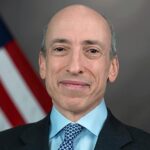

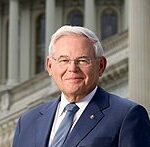

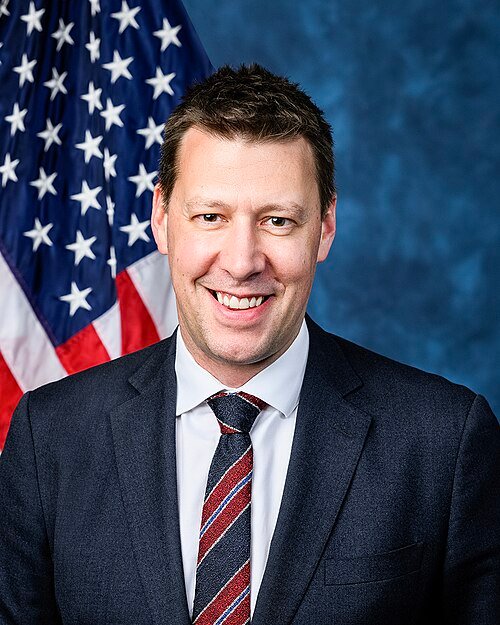
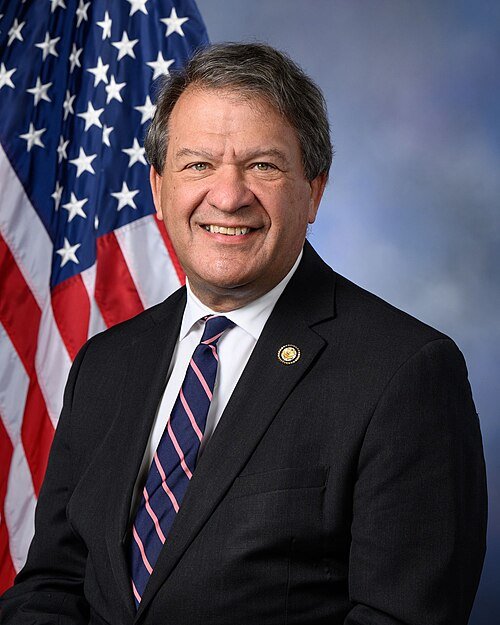
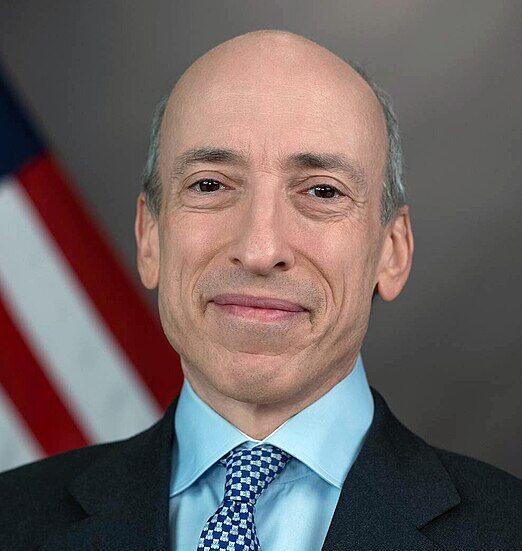
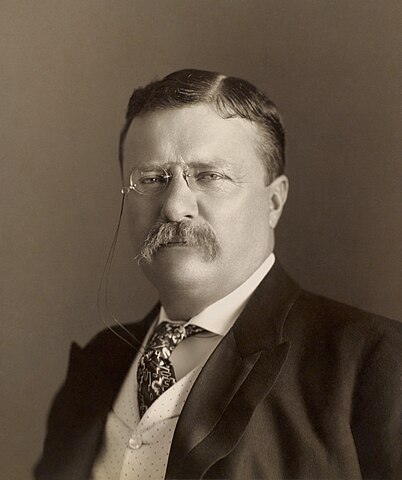
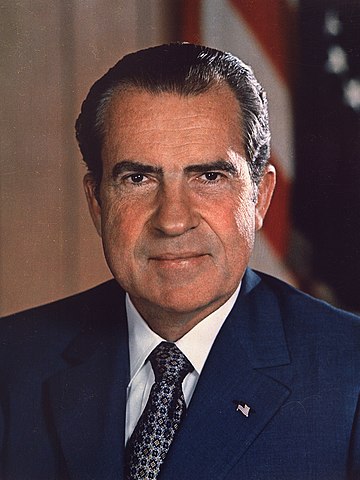
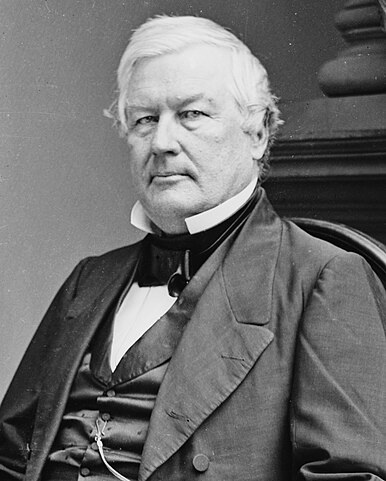
I personally feel that US had better economic situation and prosperity when President Bill Clinton was ruling. US on a whole was doing well and there were more jobs and better affordability. US being the giant among all economies, had a cascading effect on all other countries and there was a general feel-good factor all around. (Now, stop making ruckus on Clinton’s sex scandals).
I think, Hillary has proved enough, that she is really capable of defusing potentially volatile scenarios worldwide all over the world and amply demonstrated her diplomatic abilities. Secondly, she has a husband who can share his administrative wisdom. I think Hillary runs a genuine chance of sweeping the polls this time.
Hillary Clinton was first lady for two terms. She was a senator. She was Secretary of State. She has campaign experience. She has a two-term former President (her husband) to privately confide in. This is an impressive resume. This is a VERY impressive resume.
Hillary Clinton also has the benefit of making history. She would be the first female President of the United States of America. And, like I mentioned above, she has the added benefit of having a former two-term President as a husband. That would be another historical moment, having a sitting President and a former President living in the White House at the same time!
If the Republicans plan to beat her in 2016, they need to have one heck of a strategy!
Except women aren’t a minority in America? As of 2010 women made up 50.8 percent of the population. In contrast blacks make up 16% of the population and white (non-hispanic) are like 68%. On top of which, just because someone is part of a group doesn’t mean they actually care about that group. Obama threw black folks under the bus with a real quickness. Telling them to take off their house shoes and get back to work – completely ignoring the very real issues affecting the employbility of African-Americans or how efforts were not being made by the executive or legislative branch toward African-American workers. Also Obama endorsed the idea that black men in particular are dead beat dads – when honestly white American fathers tend to skip as often if not more so.
Besides which women are not oppressed because of gender in America, but because of class – recently a white officer was arrested for r@ping over 17 poor black women over the course of a year. And got away with it because these poor women lacked agency due to lack of wealth and upward mobility. And Hillary isn’t going to do anything about that. Like the slackavist on Tumblr she is instead going to target and screw over men for idiotic things. Already Obama has helped to disenfranchise hundreds of college age males who due to false accusations and a shoddy system have been expelled without a right to trial or legal representation. Also it’s illegal in NYC to “manspread”. The pendulum is going to swing back soon and when it does… ain’t nobody gonna have a good time.